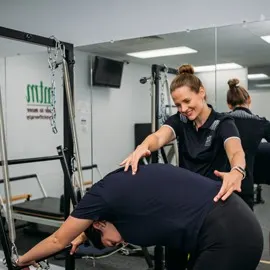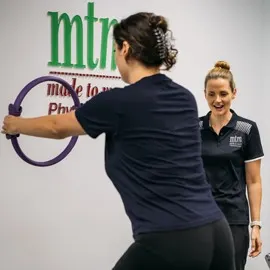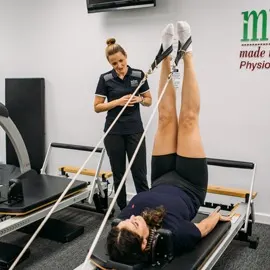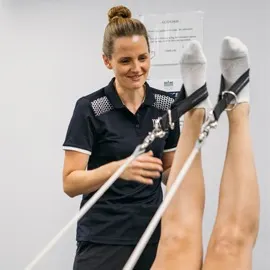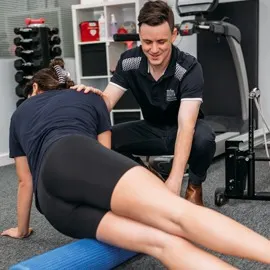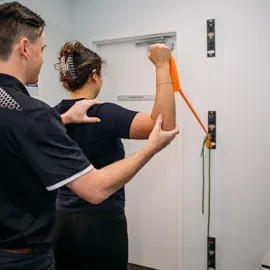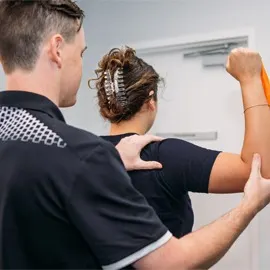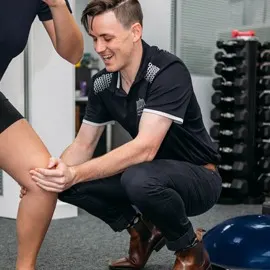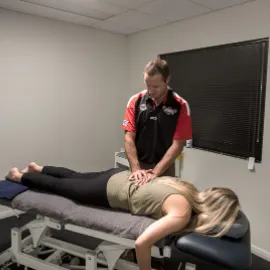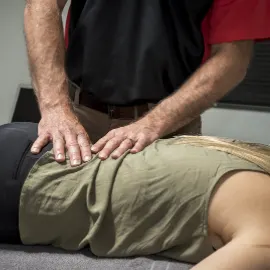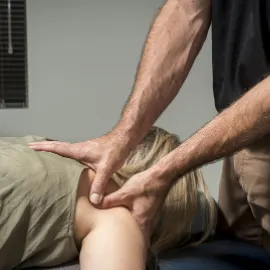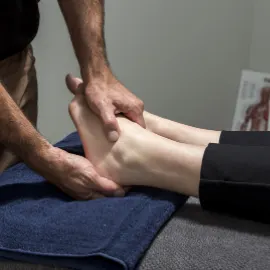Growing Pains
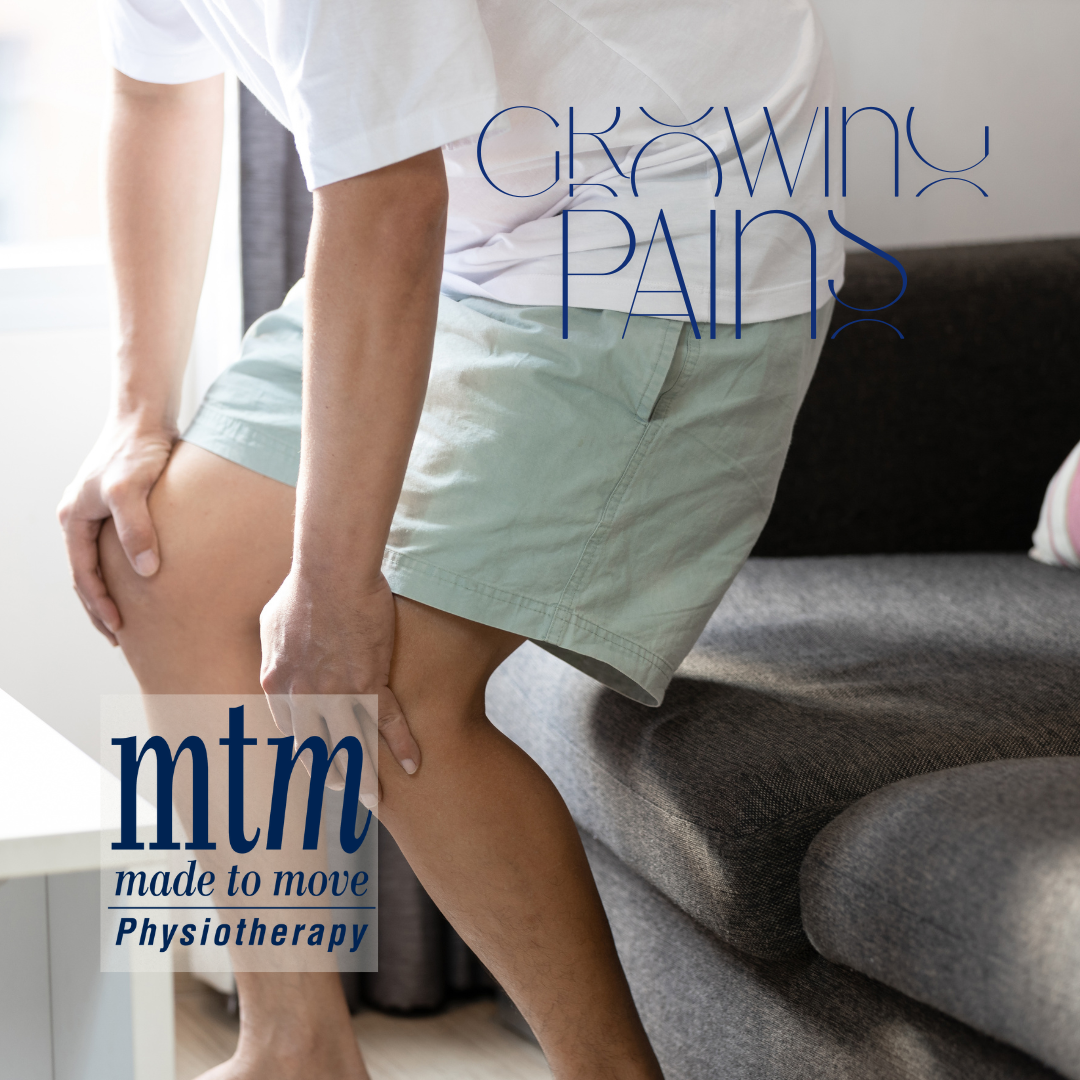
For anyone who has kids, you will probably know that they tend to complain just before bed time sets in and it’s usually a one off, so you don’t think twice about it. What about when they begin to complain a bit more frequently, and you find the pain they are feeling is more consistent and mostly in the same spot and the same ‘type’ of pain?
There is a strong possibility that your child is suffering from ‘growing pains’
Here come the big words…
Traction apophysitis or ‘growing pains’ occurs in adolescents, usually between the age of 7 and 15 years, but is most commonly experienced from 10-14 years. It presents as pain at the points where tendons attach to bones, causing traction on the bone. This can lead to tiny local avulsion fractures (where small pieces of the outer part of the bone are pulled away) resulting in a swelling at the point of insertion of the tendon which is often at an ossification site, the point at which the bone grows.
The most common site for these occurrences are:
- at the insertion of the patella tendon into the tibial tubercle below the kneecap (Osgood Schlatters Disease)
- at the insertion of the achilles tendon into the heel bone (Severs Disease)
- at the bottom of the kneecap (Sinding-Larsen Johansson Syndrome).
The pain will often be present during or after sport, particularly at the start of a season. For those that occur on the heel this can be due to running, the knee can be due to repetitive loading such as jumping, and in the elbow due to throwing.
The good news is you can help.
Start with reassurance. You can let your child know that they will feel better in the morning and that the pain will not last forever. Over the counter medication will help to manage the pain and by encouraging them to stretch after sport and physical activity, you will assist in minimising the episodes of pain they are feeling.
Unfortunately, growing pains can push young children to avoid physical activity and participation in sport which is vital to their development and mental health. If you find that this is the case with your child then it may be worth engaging the help of your physiotherapist. Treatment for children with growing pains may include:
- Pain management advice such as the use of ice or a gentle massage
- Exercises to stretch and strengthen any tight or weak muscles
- Dynamic taping
- Advice on keeping a pain diary
- Reassurance and advice to children and parents
- Provision of a home programme
- Referral to a podiatrist if hypermobility and poor posture of the feet is a contributing factor
- Referral to a medical specialist if further investigation is required
Our physiotherapists work with children of all ages. If you feel your child requires more assistance in managing their growing pains, feel free to book for a consultation.
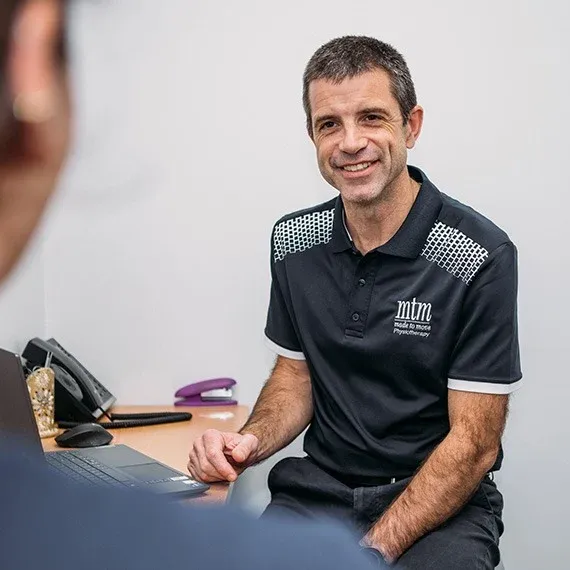
Ask a Physio
Not sure whether you are appropriate for Physiotherapy?
Fill out the form and one of our physiotherapists will be in touch with you within 24 hours.











